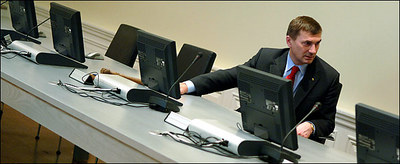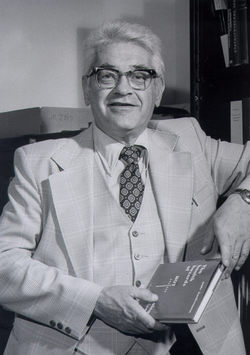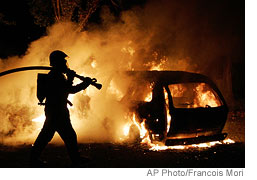BRUSSELS — After French and Dutch voters killed the EU constitution last year, its framers fretted that Europe couldn’t function without their bloated document. That was always laughable. But driven by economic insecurity, those failed referendums, particularly in France, ended up calling into question the very foundation of the EU, a common and free market.
It didn’t take politicians long to take this message to heart. In recent weeks, the idea and reality of a single European market has come under threat. From France to Spain, from Luxembourg to Italy and even newcomer Poland, economic nationalism is gaining strength, evoking memories that the European project was created expressly to bury. Neelie Kroes, the EU’s competition commissioner, told me that these developments “risk taking Europe into a 1930s-style downward spiral of tit-for-tat protectionism.” This sensible Dutchwoman is not prone to hyperbole, and hardly alone in voicing the concern.
This winter, France made 11 sectors, from data security to (bizarrely) casinos, off limits to foreign buyers. And together with Luxembourg, Paris opposed a mooted merger between the world’s biggest steel companies, Mittal and Arcelor. (The protectionist furies so far haven’t managed to sink Mittal’s hostile bid.)
Prime Minister José Louis Rodríguez Zapatero also wants to keep the energy sector in Spanish hands. When Germany’s E.On moved to trump a rival Spanish bid from Gas Natural for the utility Endesa, Mr. Zapatero gave the regulator wider powers to block the takeover.
The most audacious national block was yet to come. Two weeks ago, France stepped in to stop Italy’s Enel from acquiring Suez by forcing through a shotgun wedding between the publicly owned Suez and state-owned Gaz de France. This tie-up epitomized Prime Minister Dominique de Villepin’s notion of “economic patriotism.” The Italians saw only economic protectionism, which the country’s central bank governor, Mario Draghi, said was “doomed to failure.” But Rome can’t easily claim the moral high ground, having shielded its banking sector for more than a decade.
The single market isn’t doing well on other fronts either. Last month, the European Parliament, with lawmakers following orders from their capitals, emasculated legislation that would have freed up the EU’s services market. A free market for services, by some estimates, would have added 0.7% to Europe’s GDP and created some 600,000 jobs.
For the full commentary, see:
DANIEL SCHWAMMENTHAL. “Common Market? Think Again!” The Wall Street Journal (Mon., March 13, 2006): A19.




 Source of photo: WSJ online version of article quoted and cited below.
Source of photo: WSJ online version of article quoted and cited below.